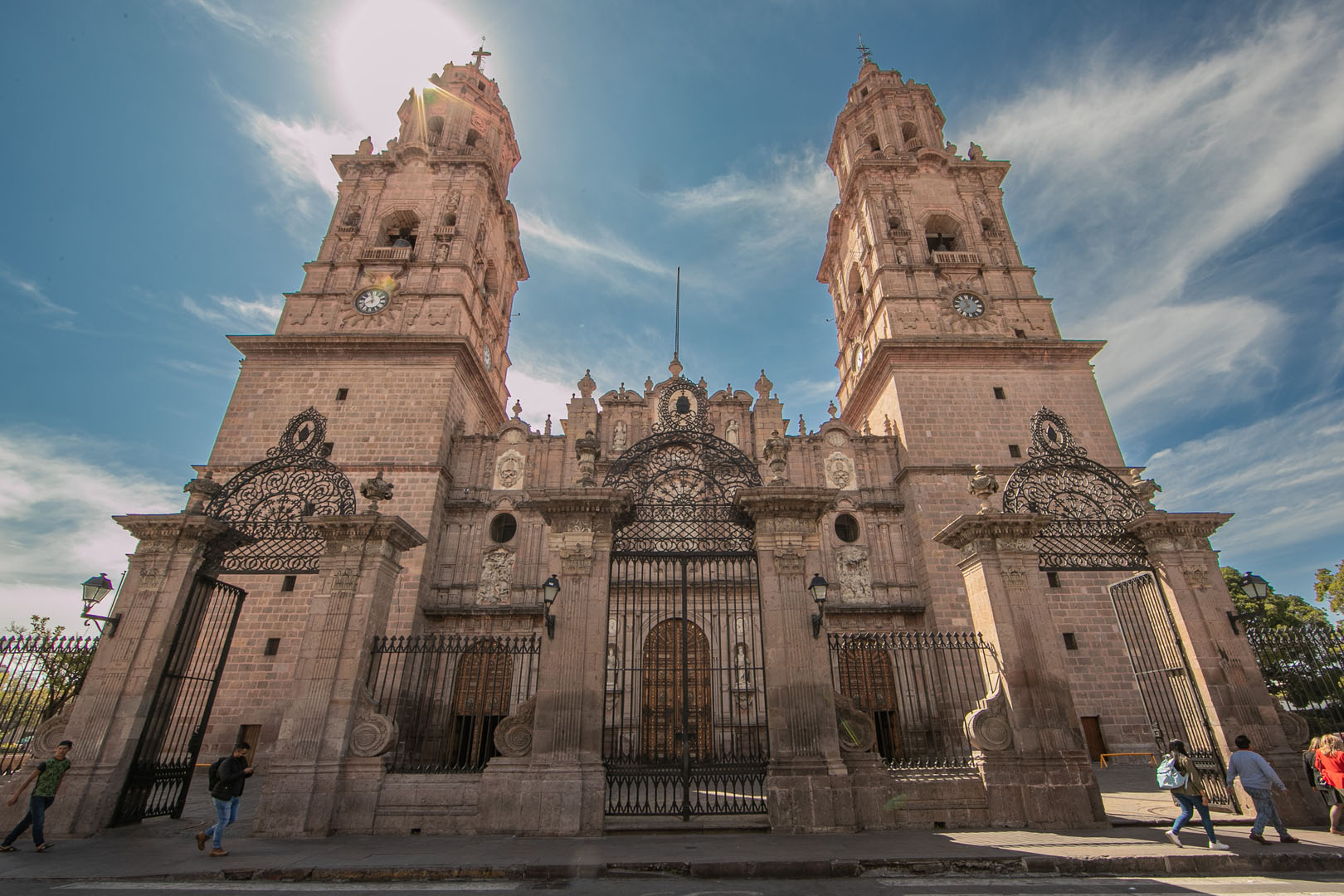
Pirekua
Named a UNESCO World Heritage Site on November 16, 2010.
Discover
The pirekua is much more than a musical style; it is the essence of the cultural identity of the P’urhépecha communities of Michoacán. This song, which has stood the test of time, has become a symbol of the resistance and vitality of a people who, through music, have managed to preserve their traditions and strengthen their sense of belonging. Recognized by UNESCO as Intangible Cultural Heritage of Humanity, the pirekua is distinguished not only by its melodic richness, but also by its profound ability to narrate the life and emotions of the P’urhépechas.
In the heart of the 165 P’urhépecha communities, the pirekua resounds in at least 30 of them, varying in style and form according to the region. This song can adopt a slow and melodic rhythm, characteristic of its essence, or be performed in more lively styles such as sones and abajeños. Whether performed solo, in duos, trios or choirs, the pirekua is accompanied by a variety of string and wind instruments, from violins and guitars to flutes and trumpets. The performers, called pirériechas, are more than musicians; they are custodians of a legacy that transcends generations, preserving and renewing the ancestral compositions that have given identity to their community.
The pyrekua is not only music; it is a means of communication, a language that expresses the joys, sorrows and stories of a people. The lyrics, imbued with symbolism and sensitivity, address a variety of themes: love, heartbreak, religion, history, social and political issues. Each verse reflects the reality of the P’urhépechas, their experiences and aspirations. The P’urhépechas also act as mediators and messengers within their communities, using music to convey important messages, foster social cohesion and preserve cultural values.
The process of transmission of the pyrekua has been mainly oral, which adds significant value to its preservation. This knowledge has been shared from parents to children, from grandparents to grandchildren, ensuring that future generations will keep this cultural expression alive. Today, the pirekua remains a central element of P’urhépecha identity, a hymn that unites more than one hundred thousand people in their language, their traditions and their way of seeing the world.
The importance of the pyrekua also lies in its ability to adapt to the times without losing its essence. Although it maintains the traditional forms, this song has been able to dialogue with the present, allowing the incorporation of new musical elements and styles that reflect the cultural evolution of its people. However, in each interpretation, the link with the roots remains intact, that connection with the land and the ancestors.
For the P’urhépechas, the pirekua is more than an artistic manifestation; it is a way of life. It is the heartbeat of a culture that, despite the challenges, continues to flourish, showing the world the beauty and richness of a millenary heritage. Every time a pirekua is intoned, a window opens to the history, emotions and dreams of a people who have found in music a way to perpetuate their legacy. In each note and in each word, resistance, identity and the continuity of a cultural heritage that is still alive and vibrant is celebrated.
Explore other experiences of